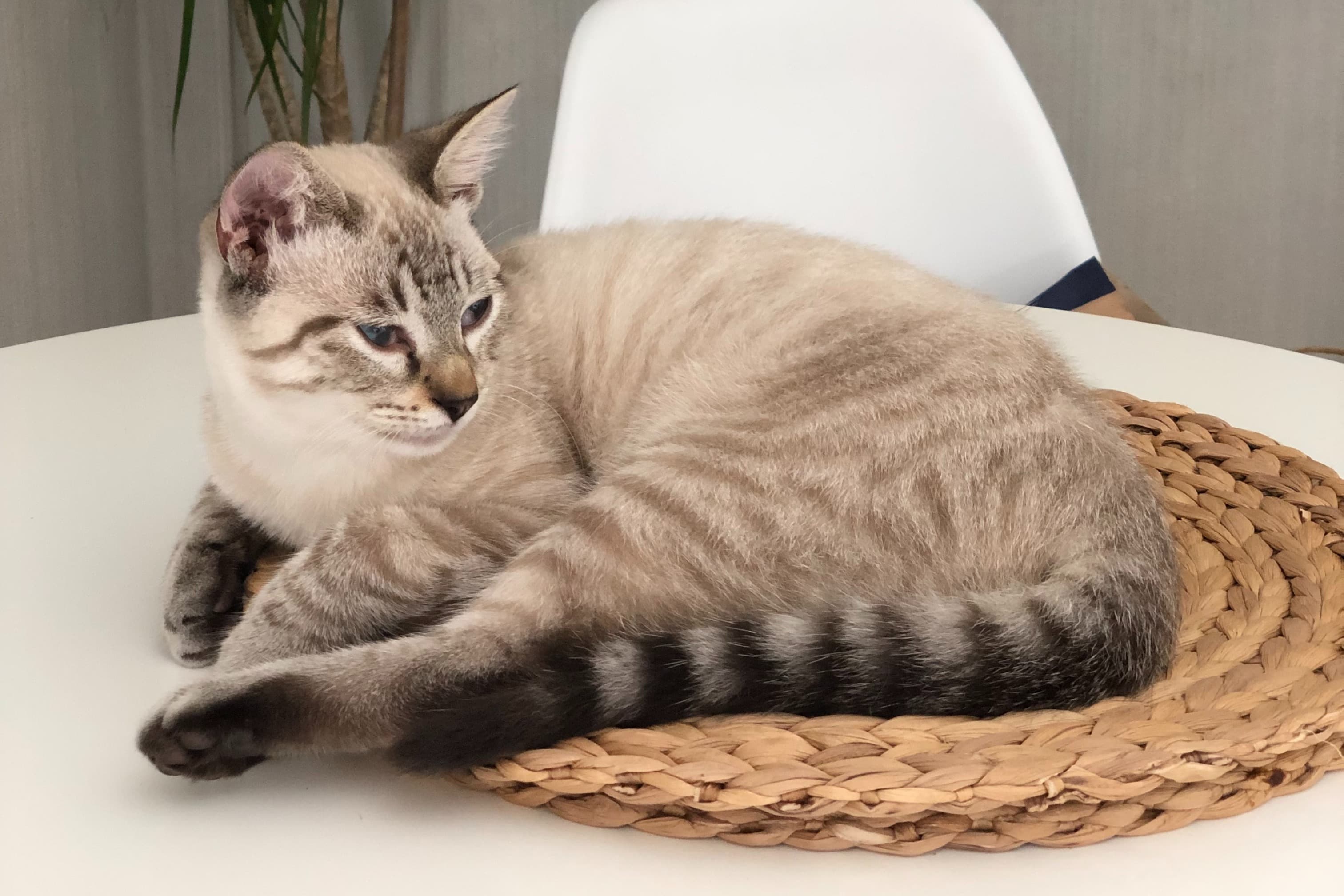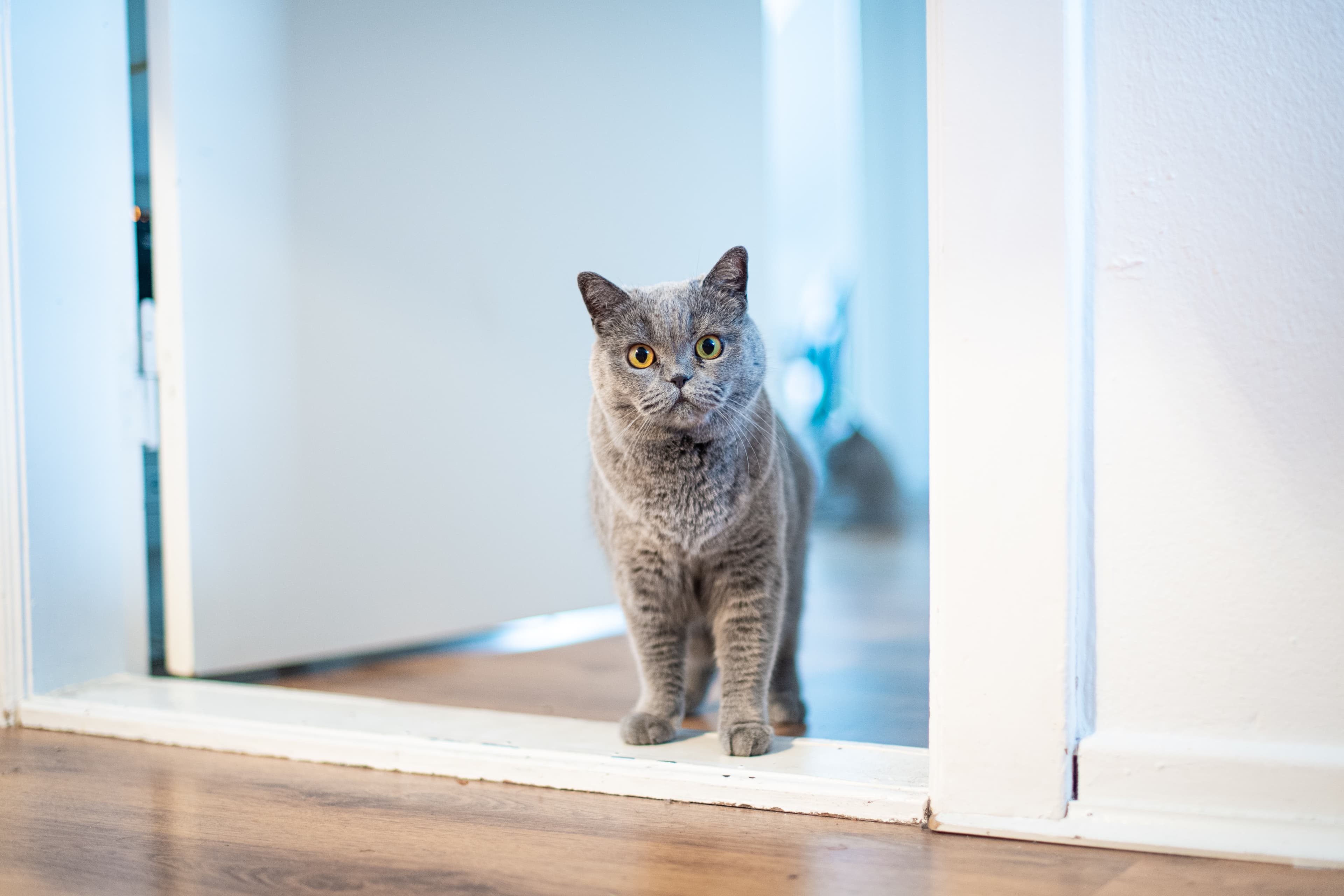Can my cat be outside in winter?
Many cats are used to being outdoors all year round, but it's important to keep an extra eye on your cat and help it if the thermometer reads minus degrees. Of course, it's important that your cat is comfortable outdoors during the winter and that it finds its way into the warmth as often as it can.
It's OK to keep your cat outside when it's freezing and snowing, but it's important to remember that your cat can freeze if it doesn't get the chance to get into the warmth regularly.
Cold injuries
There is an increased risk of frostbite when temperatures drop. It is usually the extremities of the cat such as the ears, paws, tip of the tail, nose and scrotum that are most at risk. All cats can suffer from frostbite but young, older and poorly coated cats are most at risk.
What is frostbite?
A cold injury is caused by the combination of cold, wind and moisture, which causes small blood vessels to constrict, freezing the tissue. Symptoms can vary depending on the stage of the cold injury. Look for white, hard, cold skin and possibly blisters. It can also cause reduced sensation in the area and after a few days the cat will experience a stabbing pain or numbness. After some time this can turn the skin black and is a sign of tissue death.
It is important to take the cat to a vet early in case of cold sores. It is best to warm the cat passively at home, which means warming it with body heat from you or blankets, lukewarm drinks and preferably food that provides energy. Carry your cat if it has frostbite on its paws. But always consult a vet if you suspect frostbite for help with warming.
Prevent frostbite
It's important to prevent frostbite and hypothermia by slowly acclimatising your cat to colder climates. If you have your cat on a lead on walks, it's important to keep moving at all times to keep the circulation going.
If you are unable to let your cat in during the day and the cat does not have a cat flap, it is important to provide a warm crawl space for the cat so that it can warm up during the day. Choose the location carefully and make sure it is warm, dry and protected from the wind. It's great if it can be insulated so your cat never has to freeze.
Something that is also important during cold winter days is to provide the option of lukewarm water and energy-rich food for your cat to have access to around the clock. It's a good idea to have lukewarm water and food where your cat can get its warm snuggle-in if it doesn't have access to get inside.






